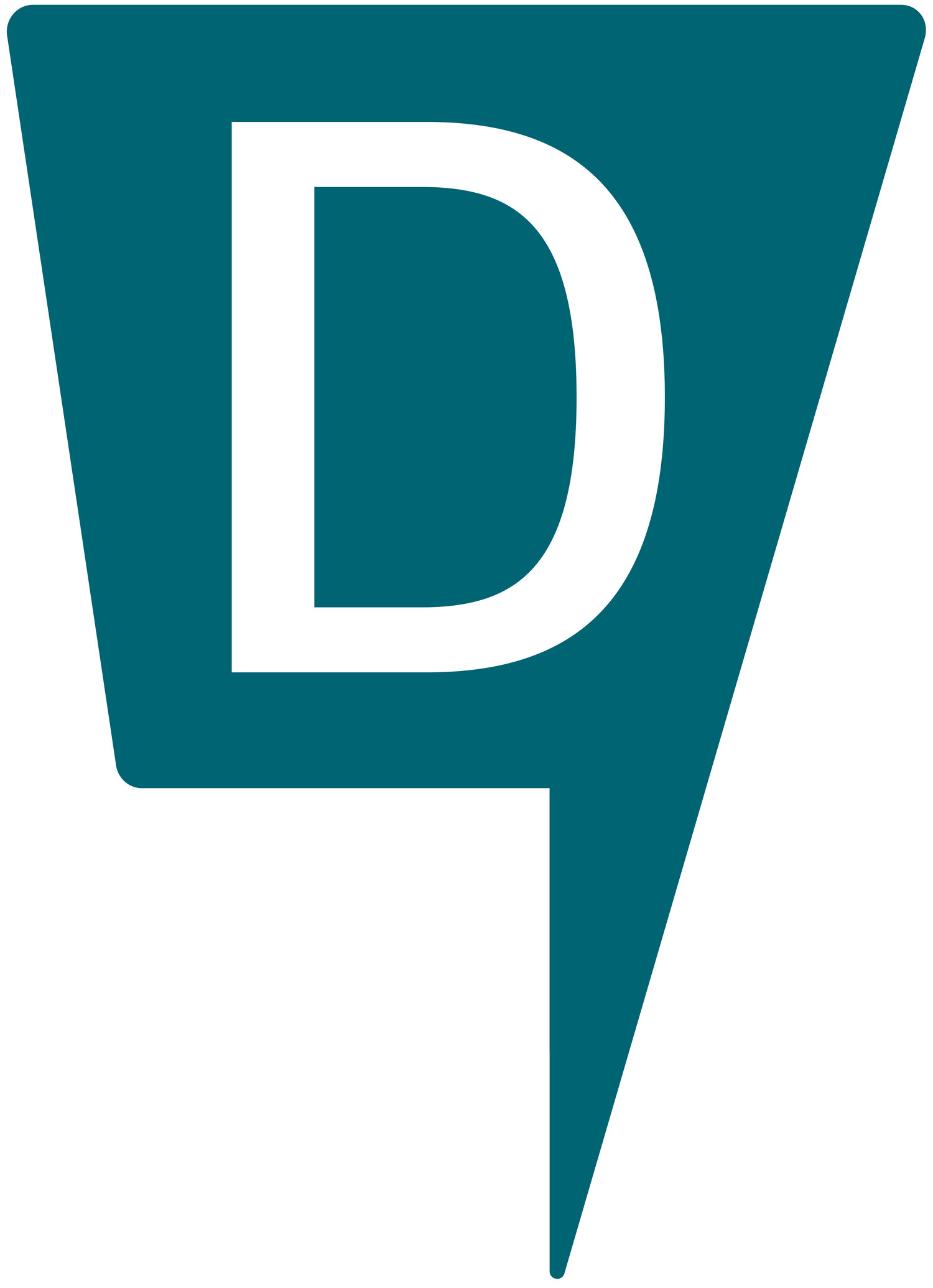
Identity & Learning
In 9th grade, students explore the theme of identity and learning through a variety of disciplinary lenses, asking questions like Who am I? What aspects of life create an identity? How do others see me? Does my identity affect the world around me?
Opening Intensive
How Do I Learn Best?
This class helps students get to know one another as a class, understand the learning practices that they will be using at The Downtown School, and do a deep dive into their own profile as learners and community members. Students will explore the local community through speakers, scavenger hunts, service and other field excursions. Students balance work and play with games and activities designed to help them have fun while undertaking the at-times awkward business of getting to know a new community of peers. This intensive is project-based, includes a variety of learning formats (readings, discussions, multimedia, and art projects), and involves guest speakers from the city and our own student body. Throughout the course, students learn all of the systems and practices to support their learning: Canvas, our online platform used in all classes; the non-academic online spaces; expectations around homework, attendance, extracurricular activities, and community time; and knowing how to get help when they need it.
English
English 1 - Critical Thinking, Rhetoric, and Composition
Why do you think what you think? Why do I think what I think? How can our thoughts develop together through empathetic and respectful communication? This course focuses on critical thinking, clarity of thought, and effective communication in the four language arts (reading, writing, listening, speaking). The course is divided into three main strands: 1) Clarifying and understanding why others think what they think. Students learn the skills and research behind listening to, exploring, and learning from heterodox ideas–ideas that are different from what we may already believe. To do this, we explore fiction, non-fiction, deep listening, and Socratic dialogue. 2) Clarifying and understanding why we think what we think (epistemology), as well as how our thinking is clouded by cognitive biases, logical fallacies, and how the media influence our thinking. 3) We end the year through skills development in conversation and debate by learning how to use Classical style and Aristotelean rhetoric to engage in formal speech and debate. Throughout the year, students supplement their skills development with systematic review of grammar, style, and vocabulary study, as well as focused work on writing and revision skills through argumentative, expository, and narrative essays.
History & Social Sciences
World History
This thematic course helps students relate their own experience and identity to a global context. Investigating global systems (trade, communication, technology, culture, ideology, religion), students learn about meanings of civilization, systems of governance and power, and manifestations of citizenship. At each point, they work to connect the experience of individuals to the patterns and scale of global trends and interactions. The course covers a range of regions and historical moments, giving students a broad overview of content as well as an understanding of trends and patterns of human civilization. Through structured activities and projects, students develop their skills in writing, public speaking, crafting and delivering presentations, debate, civil discourse, and scholarly engagement.
Math
Geometry
The Geometry course is both a comprehensive look at the study of geometric concepts and an in-depth application of these ideas. Students learn the elements of geometry (parallel and perpendicular lines, special angle pairs, triangles, quadrilaterals, polygons, circles, trigonometry, congruence and similarity) and couple them with probability, coding, and art. Additionally, through project-based and experiential learning, students are exposed to real-world applications of mathematical thinking, including its myriad uses along the central themes of geometry. The course uses experiential projects during each unit, skills-based assessments after each unit, and comprehensive skills-based assessments to offer students feedback on content mastery. Problem sets are designed to reinforce learning, time management and problem-solving skills, as well as students’ tenacity and other mature habits of mind.
Science
Biology
This introductory biology course provides students with an opportunity to learn how to think like a scientist. Students learn how to collect, analyze, and interpret information, as well as effectively communicate scientific concepts. Student-focused discussions, exploratory activities, and laboratory exercises are designed to enhance scientific literacy. Students explore a wide variety of biological concepts with clear, real-world connections, with evolution and gene expression serving as unifying themes throughout the course. Other topics explored include ecology, Mendelian and population genetics, molecular biology, and cellular structure and function.
Spanish
Your Life
This course introduces students to the fundamentals of the Spanish language by exploring topics of interest to adolescents, including family, friendships, school life, and youth culture. Students develop cultural literacy by examining their own experience and articulating it to their peers in Spanish, and by comparing their experience to that of youth throughout the Spanish-speaking world. In class, students do most of the talking as they learn vocabulary and grammar through projects such as family histories, recipe videos, and fashion shows. Students develop their skills in reading, writing, listening to, and speaking Spanish.

